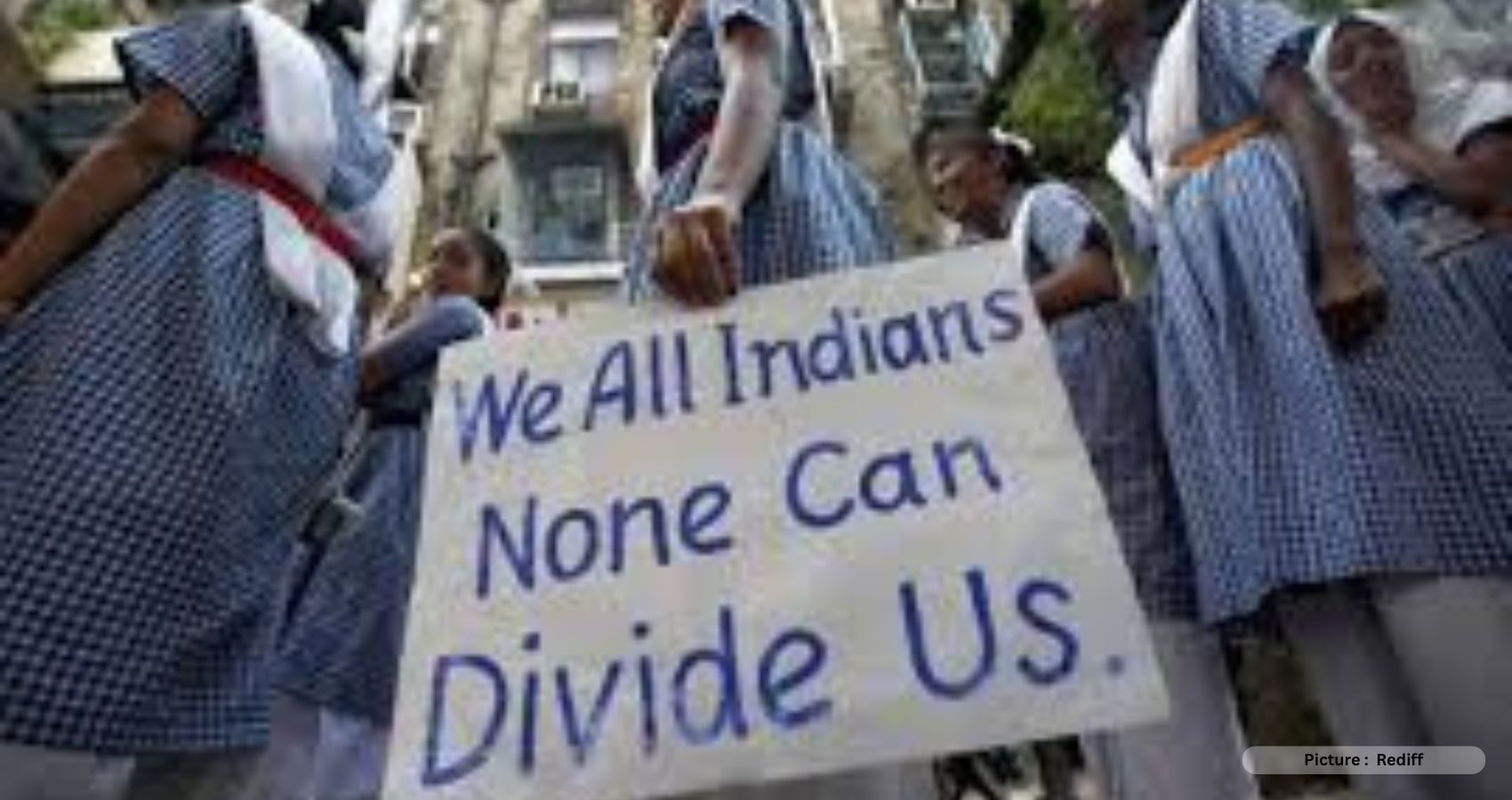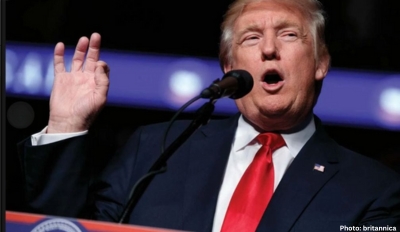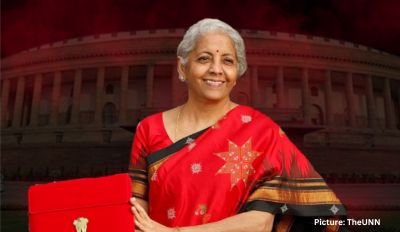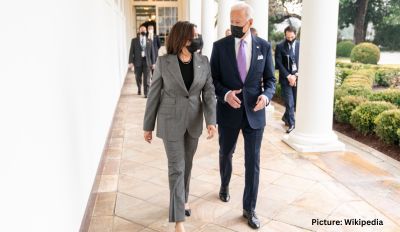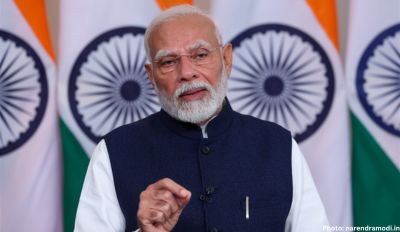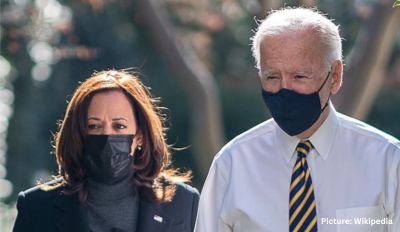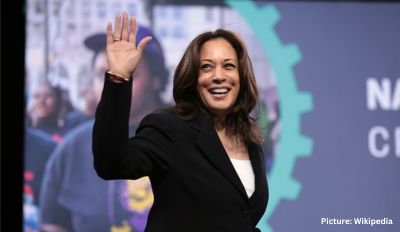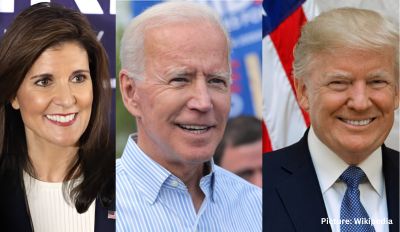The government’s response to the U.S. State Department’s report on religious freedoms in India and other nations was not entirely unexpected. Released by U.S. Secretary of State Antony Blinken, the report highlights numerous incidents that have raised concerns about the ongoing targeting of religious minorities. It also records instances of hate speech by various leaders, including members of the ruling Bharatiya Janata Party (BJP). Following the report, a senior official cited the U.S. Holocaust Museum’s ranking of India as eighth out of 162 countries in terms of the risk of “mass killing” – a grave accusation. The Ministry of External Affairs (MEA) spokesperson dismissed the report as being founded on “misinformation and flawed understanding” and characterized the official’s comments as “motivated and biased.”
India’s rejection of the report aligns with its previous reactions to similar reports from the U.S. Commission on International Religious Freedom (USCIRF) and the U.S. State Department, which have become increasingly critical of the country. These reports note that senior U.S. officials have repeatedly urged New Delhi to denounce religious violence and hate speech, suggesting that their efforts have been unsuccessful. In response, the MEA has stated that it “values” its partnership with the U.S. and engages in “frank exchanges.”
Although the government’s current response is firm, it is not as severe as its reaction to a comparable report in June last year, when the MEA accused the U.S. government of pandering to “vote bank politics.” The timing of this report – just before Prime Minister Narendra Modi’s meeting with U.S. President Joe Biden at the G-7 summit in Japan and ahead of Modi’s state visit to the U.S. in June – may be a factor in the government’s more measured response. Additionally, the government might appreciate that despite its strong criticism, the State Department has not labeled India as a “Country of Particular Concern,” as the USCIRF has frequently recommended.
Considering the consistent reporting on religious persecution in India by the U.S. government, New Delhi may want to address these allegations more proactively and produce its own report on the country’s state of religious freedom as a counter-argument. As Prime Minister Modi noted in a letter to a resident of Jammu and Kashmir, the world is attracted to India due to the “natural and instinctive love” Indians have for diversity. The government must develop more comprehensive strategies to refute unfounded and inaccurate challenges to India’s reputation and make improvements in areas where shortcomings are identified.

